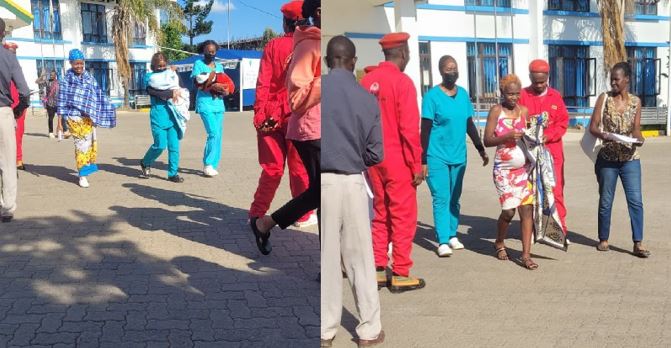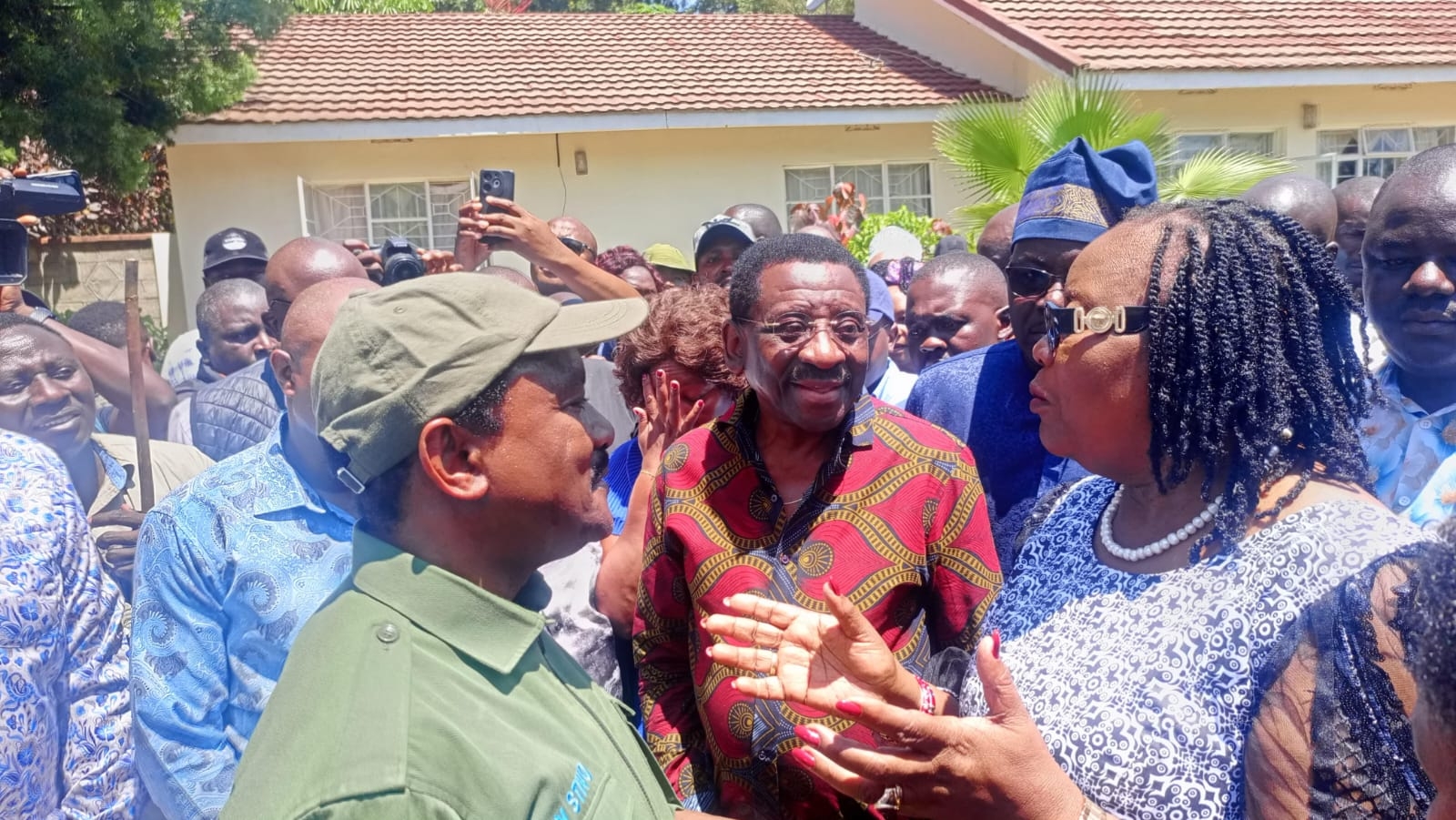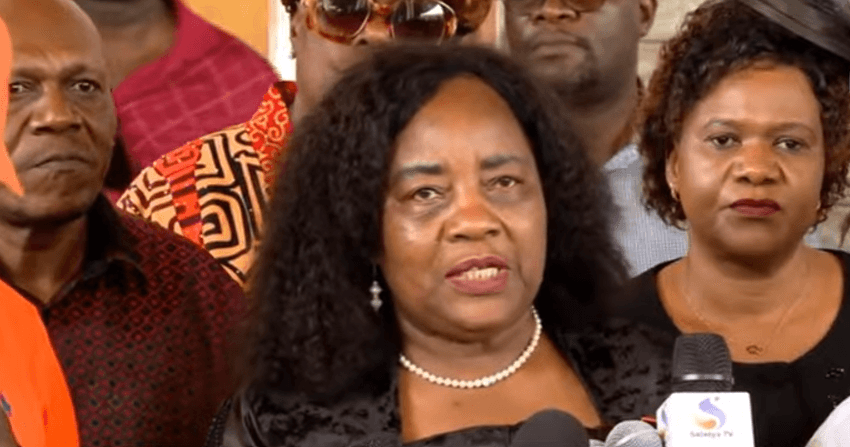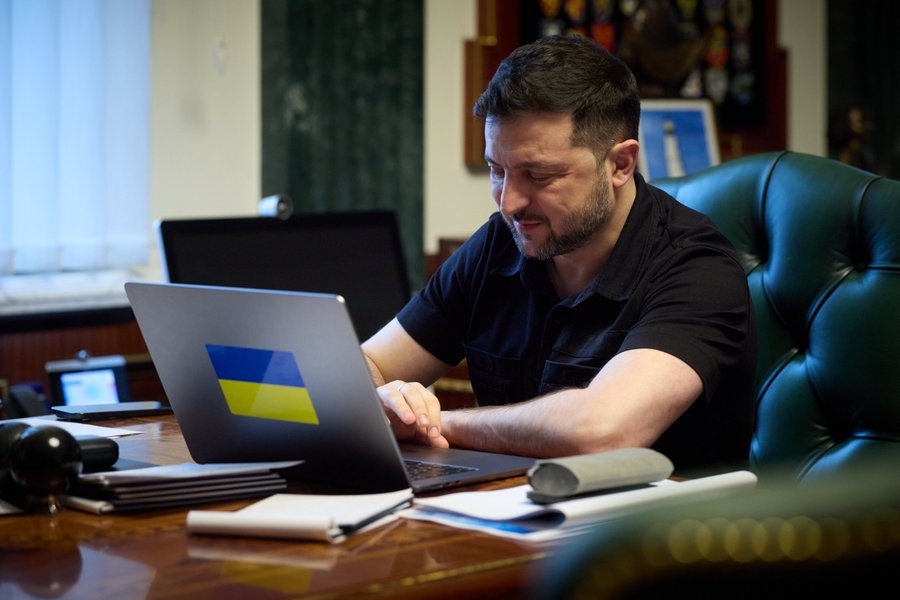
 Some of the mothers leave the city hospital./HANDOUT
Some of the mothers leave the city hospital./HANDOUT
Former Nairobi Governor Mike Sonko has paid hospital bills for more than 100 mothers who had been detained at a city hospital after failing to clear maternity fees, ending weeks of confinement for many of them and their newborns.
The women, some with babies barely a week old, were reportedly held in the facility’s wards due to uncleared bills ranging between Sh5,000 and Sh100,000.
Several had reportedly been sharing beds and sleeping on the floor as they waited for help.
Sonko said he decided to intervene after watching a TV report and later receiving a call from a doctor at the facility.
“I saw the story on TV about mothers being detained for unpaid bills. Later, a doctor called me—his name—and asked if I could intervene,” he said.
“I gave it two days to see if the situation would be resolved, but when I checked again, nothing had changed. So, I came personally to help.”
Arriving at the hospital around 3 a.m. on Sunday night, Sonko spoke to the detained mothers and instructed them to write down their individual balances before depositing Sh1.6 million directly into the hospital’s bank account.
“Many of these women didn’t have National Health Insurance (SHA) cards. Unfortunately, you can’t get covered retroactively—you have to be registered before delivery. I wanted to help them because no mother should suffer or be detained after bringing life into the world,” he said.
He criticised both the hospital and the Nairobi County Government for failing to ensure the women were registered under SHA prior to giving birth.
“The county should have established a desk to make SHA registration mandatory before admission—unless one pays cash. That would have prevented cases like this,” he argued, adding that overcrowding in the ward also posed health risks.
Women’s rights groups and local activists had been staging protests outside the hospital for days.
“The situation had become unbearable,” said one activist.
“Some mothers were even sharing beds with their babies. We had been pleading for help, and finally Sonko answered that call.”
Sonko said transport and shopping had been arranged for the mothers, with four minibuses scheduled to ferry them home.
Many could not hide their relief after weeks of uncertainty.
For the women finally leaving the ward, the rescue was more than financial assistance—it was, as one described, “the return of dignity, hope, and humanity.”


















